Diet Food: Not Just For Overweight Cats And Dogs
A common misconception about dog diet food is that only overweight dogs need it. Although appropriate feeding is essential, the right dog food formula can aid growth, improve health, and optimize quality of life as your dog ages. A chat with your vet about switching to diet food is a good idea if any of the following conditions apply to your pet:
- Pregnancy or lactation
- Illness or long-term condition requiring special care
- Shifting from puppy to adult or from adult to senior
- Concerns that pet food from the grocery store isn’t giving your dog adequate nutrition
Want to be sure you’re providing the best diet for your dog? For trustworthy guidance, quality pet food, and convenient delivery, you can count on Bellamy-Lawrence Animal Hospital in Scarborough. You can even shop at our online pet supply store from the comfort of your home.
Putting Your Dog On Diet Food
Whether switching to diet food is a recommendation or a necessity, a sudden change will likely disrupt your pup. Rather than making the change all at once, a gradual shift is often the best strategy to prevent stressing your dog or causing an upset stomach. Here’s what you need to know about switching your dog to a specialized diet food.
Most experts recommend transitioning your dog to diet food over a week. Start by mixing a low proportion of the new product — say one-quarter — into the familiar food. Monitor your dog’s behaviour and eating habits over a few days. If you see no concerning signs, increase the percentage of new food to about half, and so on.
Pet Nutrition Consultations And Supplies With Bellamy-Lawrence
If you live in the Greater Toronto Area, Bellamy-Lawrence Animal Hospital is a trusted source for your pet’s dietary needs. Our caring veterinarians offer conscientious, expert nutritional counselling for your cat or dog. Our pet supply and delivery service help you get the best food for your little pal in the most convenient way. Contact us today to schedule your pet nutrition consultation.
